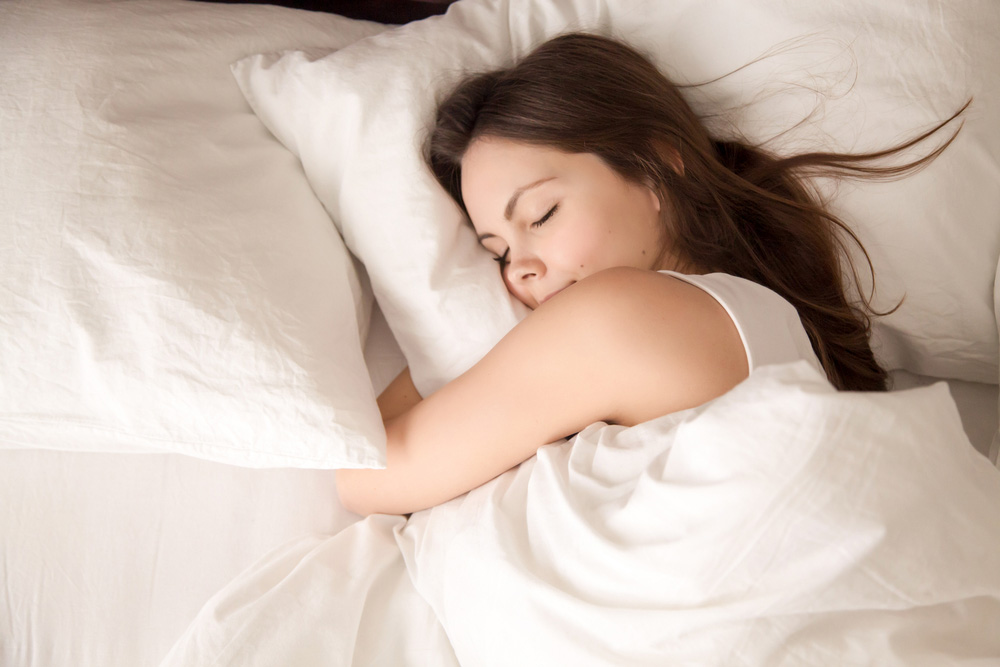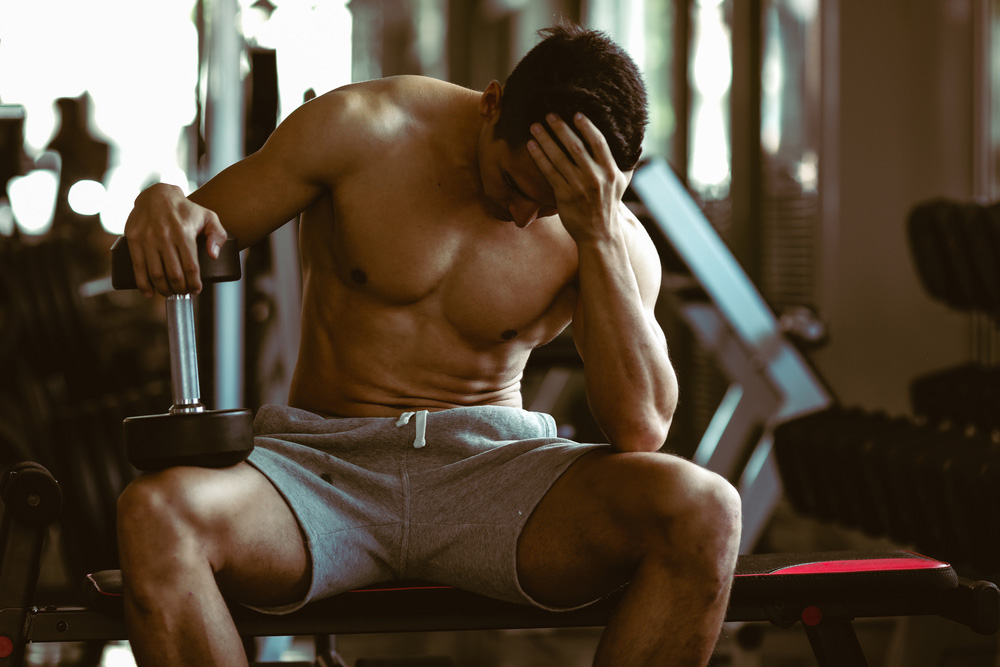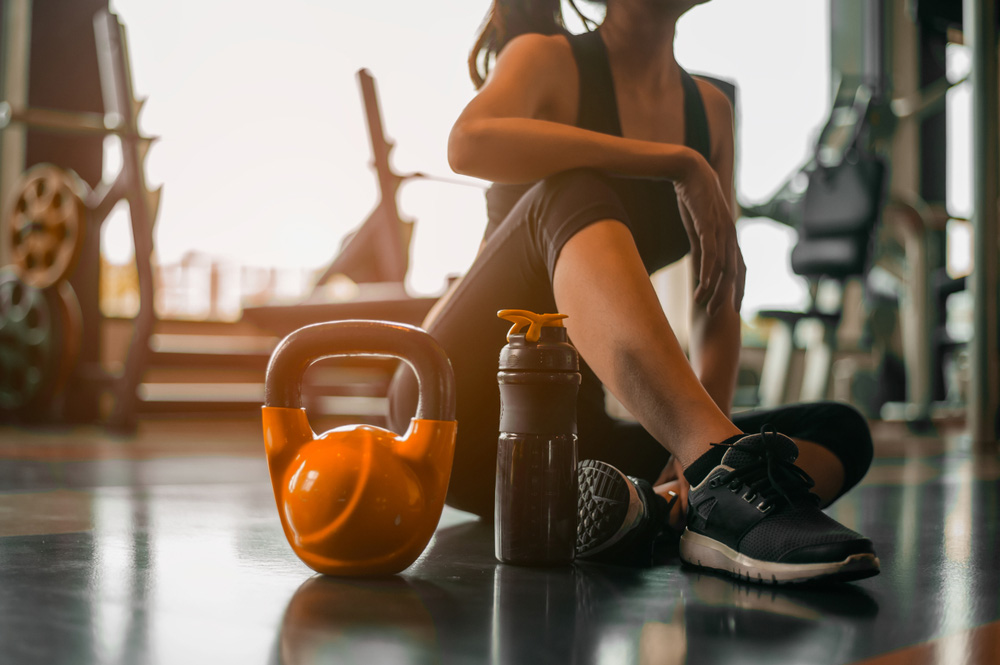Is your brain refusing to go to sleep and forcing you to remember the last number of push-ups you did? Trying to count the dumbbells or finding a way to beat your record? In sportsmen and women, insomnia can sometimes be caused by a bad eating habit.
To do this, you have to change certain habits.As falling asleep is one of the key elements to perform when practising sport, the first thing to do is to put aside old beliefs on the subject and follow these three eating tips to fall asleep well.
Eat three times a day
To get to sleep, a sportsman should eat three times a day: morning, noon and night.This is the classic diet that every sportsman (and every human being) is supposed to follow.
However, many people, especially athletes, fail to do this.Especially if they are bodybuilders and eat protein at every meal (including in the evening).
Yet eating three times a day stimulates neurotransmitters.These various neurotransmitters allow us to be: relaxed, alert, vigilant, in a state of well-being, etc.
It is essential to know which neurotransmitters control our metabolism:
- Dopamine: Dopamine is a neurotransmitter that puts the body in a state of alertness, pleasure and stimulates the desire and search for novelty
- Serotonin: Serotonin is a neurotransmitter that allows the body to be calm.It also promotes inhibition
- Acetylcholine: Acetylcholine is a neurotransmitter that stimulates and strengthens memory
- Gaba: Gaba is a neurotransmitter that promotes relaxation
- Adrenaline: Adrenaline is a neurotransmitter that seeks out stress.A stress that is more positive than negative, which is sometimes required by our body for psychological needs
- Norepinephrine: Norepinephrine is a neurotransmitter that stimulates and enhances learning, but also and especially sociability.
All these neurotransmitters are also stimulants for sleep and falling asleep, provided you eat well.
Prepare a "special sleep plate "
To get a good night's sleep after a training session, it is advisable to prepare a "special sleep plate".Indeed, there is a precursor of serotonin called "tryptophan", which can be found for example in bananas, organic dark chocolate, certain oleaginous plants, avocado or even some lean meats such as chicken.
It is also necessary to promote the synthesis of GABA with glutamine by consuming carbohydrates with a low glycemic index, such as legumes, animal proteins, or cooked vegetables such as broccoli, spinach, green beans, asparagus.
The production of dopamine must also be calmed.The precursors for this are phenylalanine and tyrosine, which are found in protein-rich foods.For this reason, meat, eggs and dairy products should be avoided.For a sportsman, it is not a question of not consuming them, but of eating them in moderation. Moreover, for this reason, some sportsmen choose to consume proteins only in the evening, for fear of becoming fat and not finding sleep, given that the latter stimulate their dopamine and little or no serotonin and gaba.
On the other hand, dieting is also not recommended, as it often triggers the feeling of hunger in the evening, hence one of the reasons why it is difficult to find sleep.
So to sum up, the evening plate should contain plenty of vegetables (according to physiological needs, of course), a moderate dose of low glycemic index carbohydrates and a moderate dose of protein.
The bonus: stimulate melatonin
Melatonin is the so-called sleep or darkness hormone, which is synthesised from serotonin.
Melatonin is a hormone produced by the pineal gland, also called the epiphysis.Melatonin secretion is stimulated when it is dark.
The maximum secretion is reached between 2 and 5 o'clock in the morning. The action of melatonin can be stimulated by certain foods containing minute doses of melatonin such as tomatoes, nuts, basmati rice, olive oil, etc.
The leaves and roots of many plants also contain small amounts of melatonin, including fenugreek, alfalfa, fennel, poppy, flax, coriander and sunflower seeds.
Travellers and people who work rotating shifts often suffer from sleep disturbances, caused by changes in their melatonin levels.Sportsmen and women can also suffer because of the diet.





